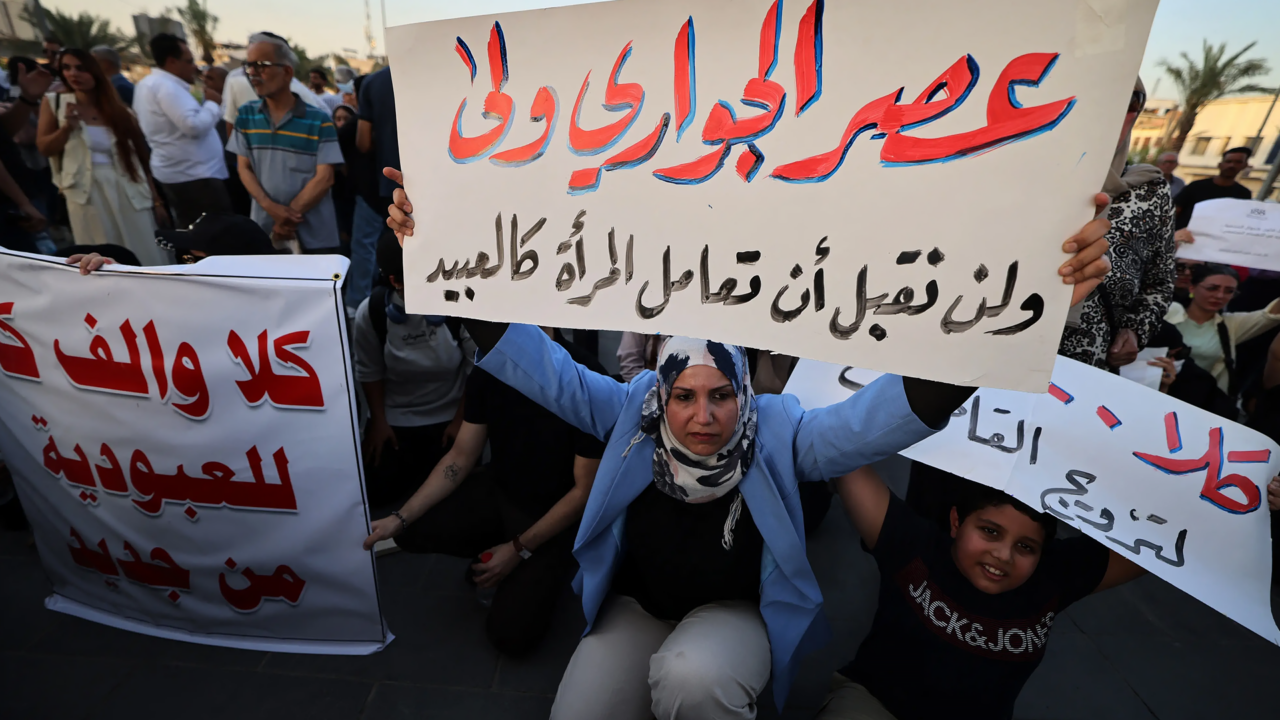The new draft law in Iraq could allow Muslim girls to marry as young as nine.
If you met a 9-year-old girl, the first question you’d likely ask is, ‘How is school going?’ In Iraq, however, the lives of young girls may soon be upended by a new bill.
Following the fall of Iraqi monarchy in 1958, the 1959 Personal Status Law, introduced progressive reforms.
It restricted men from marrying multiple women without the first wife’s consent and granted women the right to initiate divorce.
Alarmingly, these gains are now reversing as Shia religious groups assert increasing dominance in Iraq’s political system.
Earlier this year, for instance, the Iraqi parliament passed a law imposing severe penalties on gay and transgender individuals, marking the first instance of LGBTQ+ criminalization in Iraq’s history.
Now, the erosion of rights is targeting girls and women. On August 11, Iraq’s parliament approved the first reading of a draft law that could allow Muslim girls to marry as young as nine. The dates for the remaining debates have yet to be determined.
Lowering Iraq’s legal marriage age to 9 is a tragic setback for children’s rights. We stand with those fighting against this injustice. Child marriage is a global human rights abuse—even occurring in 37 U.S. states, some with no minimum age. Let’s unite to protect all children.…
— Ayaan Hirsi Ali Foundation (@AHAFoundation) August 19, 2024
What does the bill propose?
Under current Iraqi law, women under 18 are generally not permitted to marry, with one exception: a woman older than 15 may marry if she receives permission from both a judge and her family.
Despite these legal restrictions, the United Nations Children’s Fund (UNICEF) reports that 28 percent of girls in Iraq are married before the age of 18. Additionally, the UN Assistance Mission in Iraq indicates that 22 percent of unregistered marriages involve girls under the age of 14.
The bill, proposed by Iraqi MP Ra’ad al-Maliki, could allow citizens to choose between religious authorities or the civil judiciary to decide family matters. This flexibility might incorporate provisions from Islamic Shia or Sunni sects, depending on the choice.
Constitutional expert Zaid al-Ali told France 24 that allowing citizens to choose between religious or civil judiciary essentially permits men to select the system that favors them. He added that the bill would give men more power over women.
In an interview with The Guardian, Raya Faiq, coordinator of a coalition opposing the law change, identified a significant risk: although she and her husband oppose child marriage, the new law could enable their granddaughter’s father to arrange her marriage while she is still a child, leaving them powerless to intervene.




















